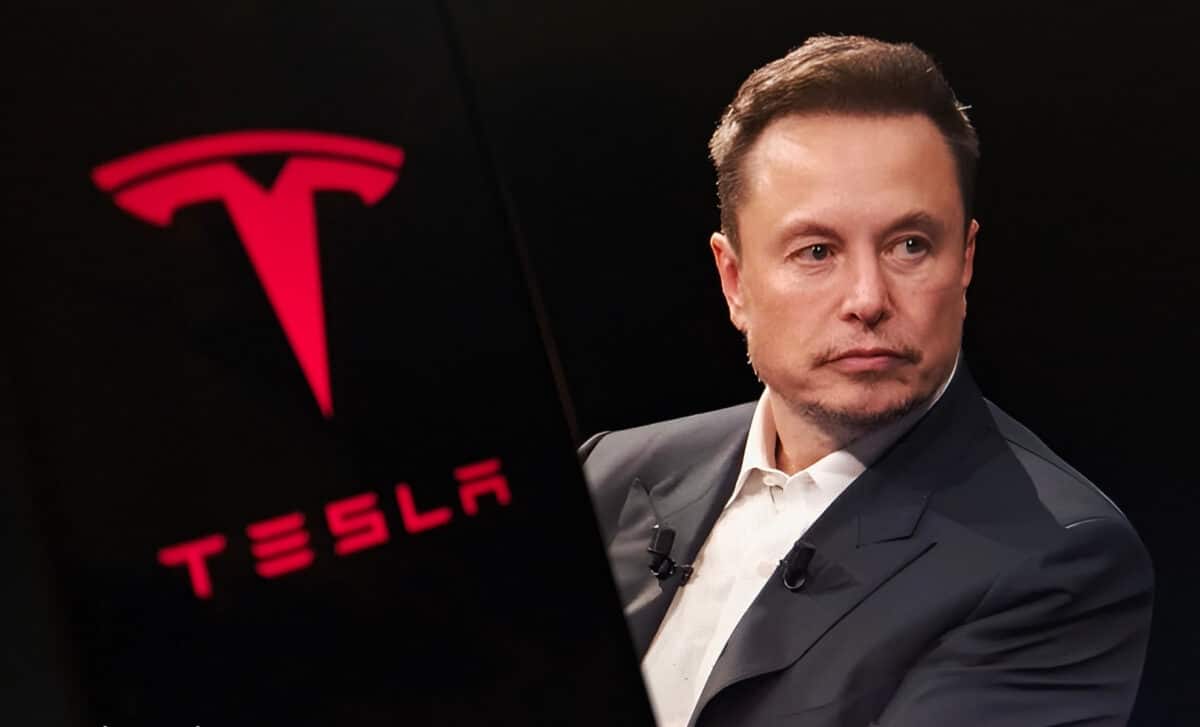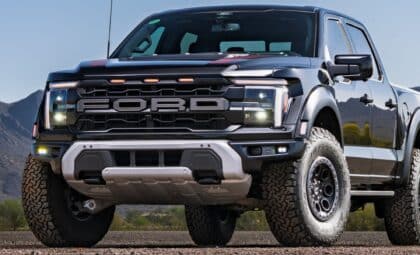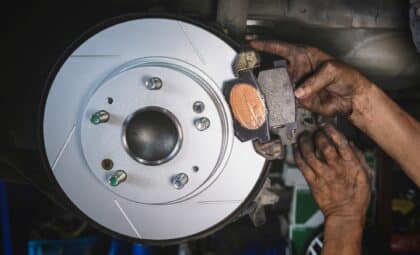The deal, which passed with overwhelming support, is tied to Musk hitting a series of ambitious performance milestones, including major gains in Tesla’s market value and technological advancements in artificial intelligence.
The approval of the record-breaking pay deal comes at a time when Tesla faces significant challenges. Despite being the world’s richest person and having transformed Tesla into a leader in electric vehicles, Musk’s recent actions and political views have raised concerns.
Still, investors are placing their bets on his bold vision for the future, which involves self-driving cars, robotaxis, and humanoid robots. The pay package, which includes stock-based incentives, is seen as a strategy to keep Musk focused on transforming Tesla into a tech powerhouse, even as the company grapples with mounting competition and disappointing sales.
Musk’s Trillion-Dollar Gamble
Elon Musk’s ambitious pay package hinges on meeting aggressive targets, including a massive increase in Tesla’s market value, from $1.4 trillion to $8.5 trillion. According to Carscoops, Musk will also need to lead Tesla in producing 20 million cars, a significant leap from the 8.5 million vehicles it has manufactured in its history.
The package will reward Musk with stock, with the potential to increase his stake in Tesla from 13 percent to as much as 29 percent by 2035, based on achieving these performance metrics. The long-term payout is tied to both operational and valuation-based targets, and Musk must meet milestones such as deploying 1 million robotaxis and delivering 1 million Optimus robots to secure the full payout.

Shareholders Buy Into Musk’s Vision
Tesla’s shareholders approved the pay deal with about 75 percent support, reflecting confidence in Musk’s ability to lead the company through its next phase of growth. This approval comes even as the company faces increasing competition, especially from other electric vehicle makers, including traditional automakers and newer Chinese firms.
As reported by France24, despite these pressures, investors are betting on Musk’s vision of full self-driving cars and a potential fleet of robotaxis that could reshape the transportation industry. However, some major investors, including Norway’s sovereign wealth fund, have voiced concerns over the deal’s potential to dilute shareholder value.
A Delicate Balance Between Growth and Risk
Despite the approval, the timing of the deal is precarious. Tesla’s sales in key markets have been weaker than expected, and margins have been squeezed due to repeated price cuts. The company’s most high-profile new product, the Cybertruck, has failed to live up to the initial hype, and several lawsuits related to its driver assistance technology have further complicated the brand’s image.
Tesla has also faced significant scrutiny due to Musk’s controversial political views, which some believe have cost the company billions in lost sales. Despite these issues, many investors continue to back Musk, placing their faith in his leadership and his plans for the future of autonomous driving and AI.









